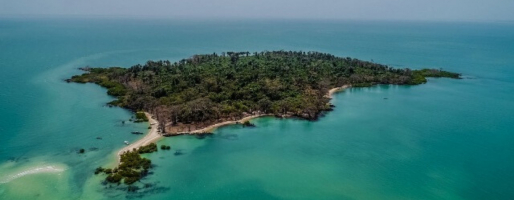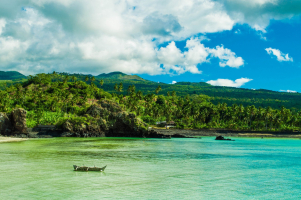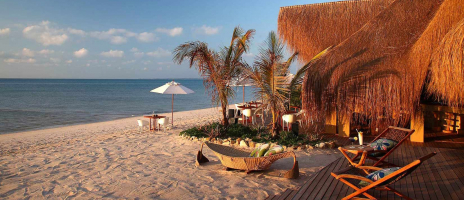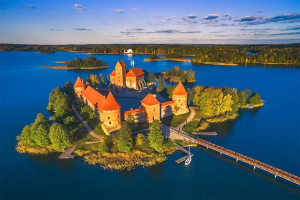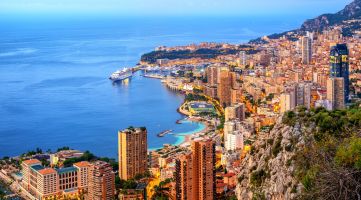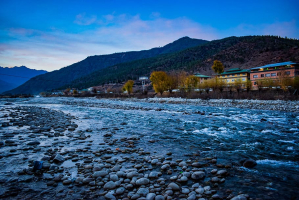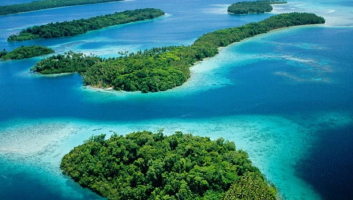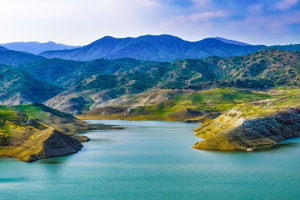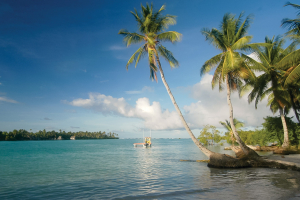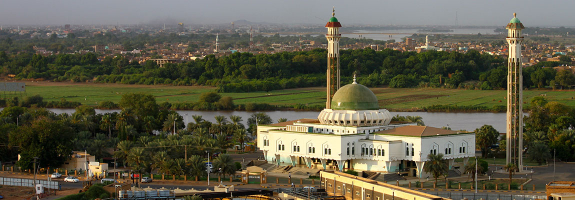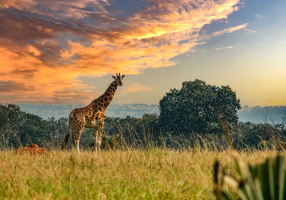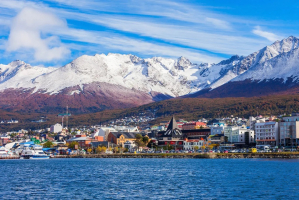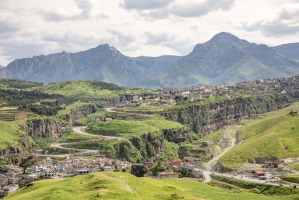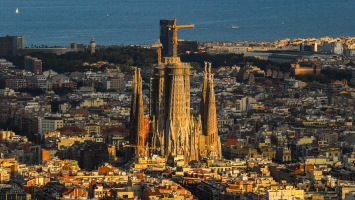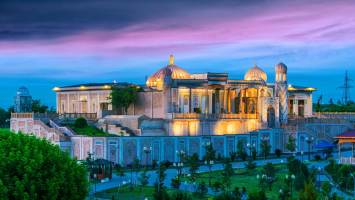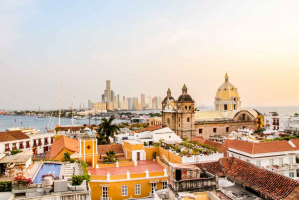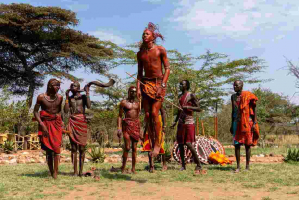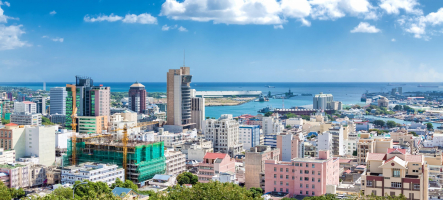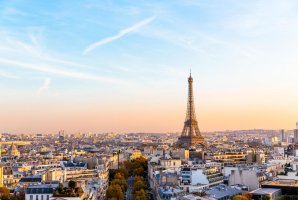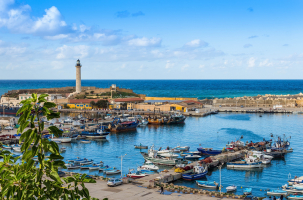Top 10 Things to Know Before Traveling to Liberia
The Guinea Range, which descends softly toward the coastal plains, and the low beaches in the southwest are bounded by the undulating hills in the northeast ... read more...and the Guinea Range, which slopes gently into the coastal lowlands. To help alleviate a lot of stress and last-minute running around, this is a handy checklist of Things to Know Before Traveling to Liberia.
-
Pickpocketing and purse snatching are common petty crimes in high-density public settings, notably markets. Always keep an eye on your stuff, particularly your passport and other travel papers. Leave valuables and baggage unattended at all times. Avoid showing off your wealth in public. Often, criminals are armed.
Armed robberies, armed assaults, and car thefts are common, although they usually target locals. Victims of serious crimes, including severe sexual assault and murder, have been foreigners. Due to the absence of power in many districts of the metropolis, crime rises dramatically at night. Armed house invasions are also prevalent, especially in the capital and its environs.
Increased care is advised throughout Monrovia. Foreigners have been robbed in the Monrovia neighborhoods of Mamba Point and Sinkor (including Sinkor beach in broad daylight), where the majority of international visitors stay.
If strangers approach you, be cautious. Criminals can also be found in nightclubs and on the beach. Burglars have targeted overseas employees' accommodations on a few occasions. Taxi thefts have happened. Local public transportation should be avoided. In Liberia, there is a high rate of rape. Rapes and attempted rapes involving foreign women have occurred, although they are uncommon. This is absolutely one of the things to know before traveling to Liberia.
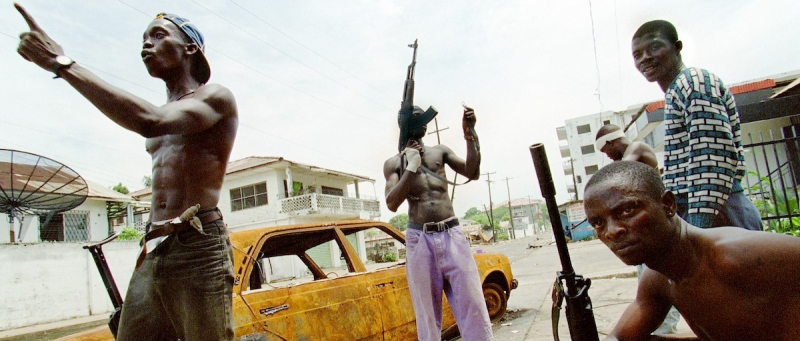
https://extrapackofpeanuts.com/ 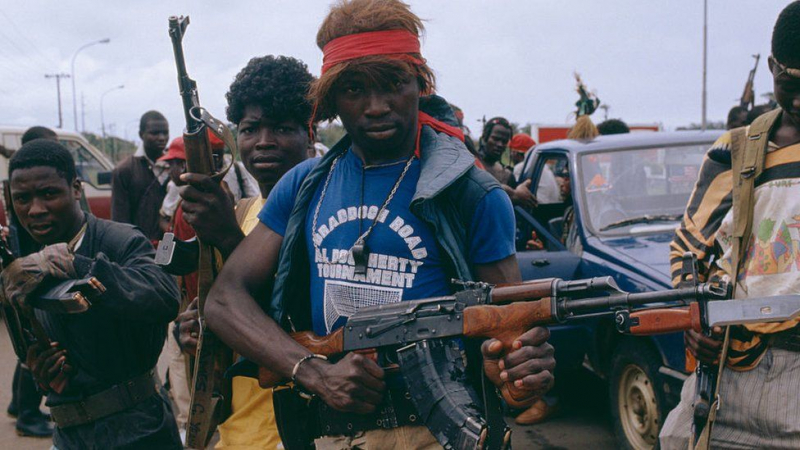
https://extrapackofpeanuts.com/ -
Despite the fact that Liberia has no recent history of terrorism, attacks cannot be ruled out. UK Counter Terrorism Policing gives information and guidance on how to be safe when traveling and what to do if a terrorist attack occurs. This is absolutely one of the things to know before traveling to Liberia.
Learn more about the terrorist danger throughout the world. Terrorist organizations continue to assault beach resorts, hotels, cafés, and restaurants frequented by foreigners, as witnessed in Mali, Côte d'Ivoire, and Burkina Faso. In these areas, you should be cautious and avoid busy areas as well as public meetings or activities. Terrorist attacks against UK interests and British citizens are on the rise across the world, thanks to organisations or individuals inspired by the turmoil in Iraq and Syria.
At this moment, you should be extra cautious. Government institutions, such as schools and houses of worship, airports and other transportation hubs and networks, as well as public spaces such as tourist attractions, restaurants, bars, coffee shops, retail malls, marketplaces, hotels, and other venues frequented by foreigners, might be targeted. When in public locations, you should constantly be mindful of your surroundings.
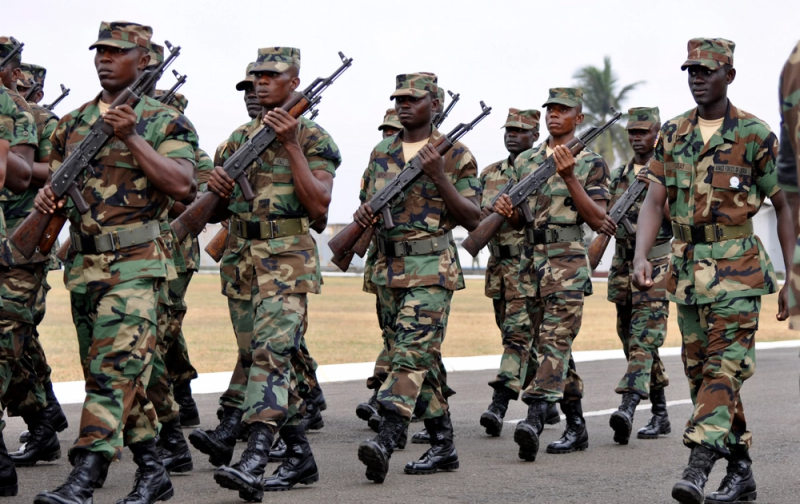
https://extrapackofpeanuts.com/ 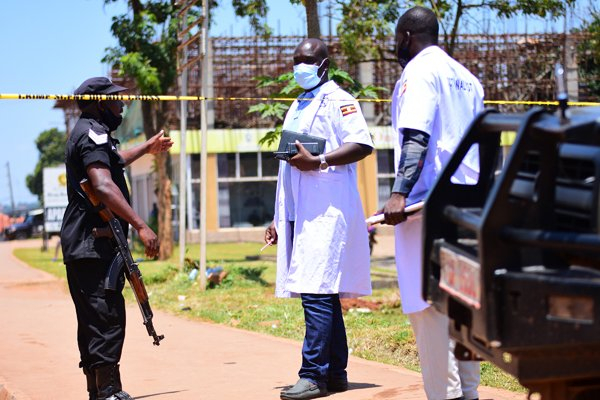
https://extrapackofpeanuts.com/ -
Women's Safety is one of the notable problems in this country. Women's and girls' violence, which was a common and ominous characteristic of crimes perpetrated during Liberia's 14-year civil war, has long been a severe problem in the country, both before and after the conflict.
Some sorts of harassment and verbal abuse may be directed towards women traveling alone. Be wary of who you put your faith in. Women travelers should be on the lookout for crooks, both male and female. They may work alone or in groups, appearing as good Samaritans or causing distractions in order to take valuables.
Be careful of new "friends" you meet overseas, including locals, fellow travelers, and even Canadians. Additionally, keep your tourist profile low and avoid giving off the appearance that you're lost or defenseless. Know where you're going, what you're doing, and how to go back to your starting point.
Furthermore, only take authorized and recognized cabs. If a taxi driver approaches you at an airport arrival area, don't take it. Such services are almost always unlawful and sometimes dangerous. Women's Safety should be paid more attention in Liberia.
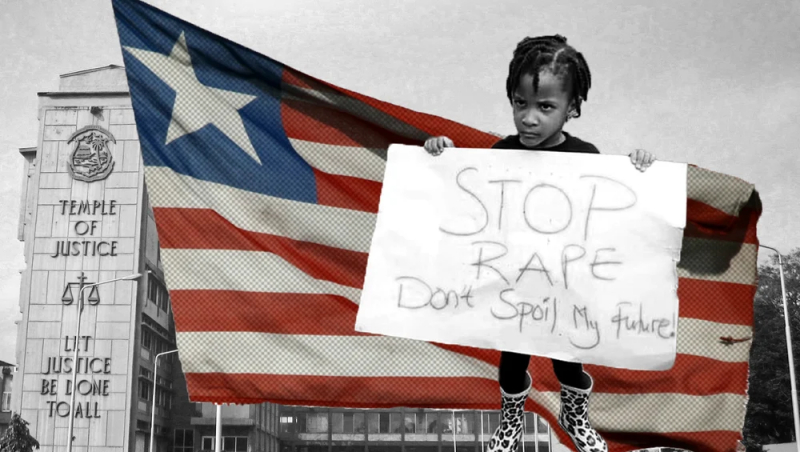
https://wwwnc.cdc.gov/ 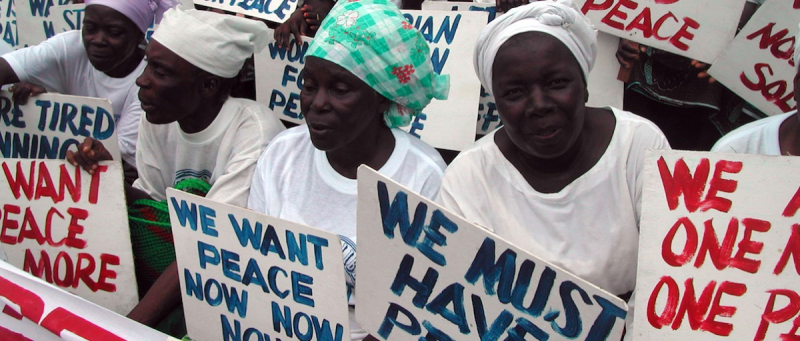
https://wwwnc.cdc.gov/ -
Sporting events, festivals, concerts, religious events, political rallies, and marches all draw people from all over the world together. If you're planning on attending a large event, there are a few things to keep in mind to avoid getting in trouble due to demonstrations. The presence of a large number of individuals in a confined space can facilitate the transmission of infectious illnesses and raise the danger of damage.
Take the time to plan your trip and understand how to minimize the hazards. Demonstrations occur on a regular basis. Even peaceful protests might devolve into violence at any time. They have the potential to cause major traffic and public transit delays.
Make careful to avoid any demonstrations and huge gatherings, follow local authorities' directions, and keep an eye on local media for updates on ongoing events. Make sure you're up to date on your routine immunizations and adult boosters, such as the measles vaccine and the influenza vaccine. If a kid is traveling, the immunization schedule for that child may need to be altered.
Make careful to discuss your trip arrangements with your doctor or a travel clinic, as there may be additional immunizations or recommendations specific to your location (s). Check your destination's Travel Advice & Advisories. Purchase travel health insurance and pack a travel health kit.
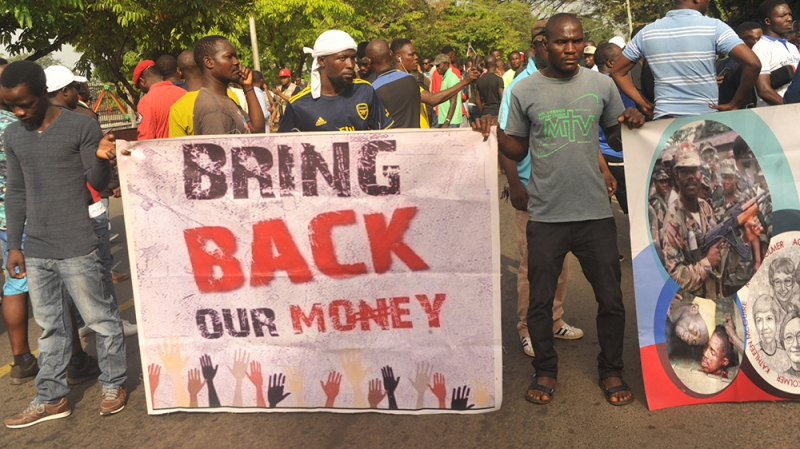
https://www.worldtravelguide.net/ 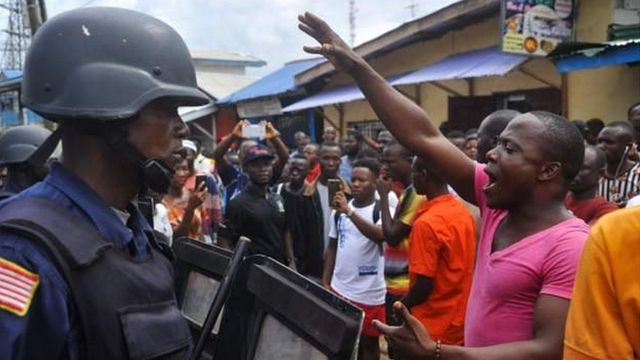
https://www.worldtravelguide.net/ -
Unsolicited emails advertising alluring business or financial possibilities should be avoided. If you're looking for compensation after losing money to a fraud, don't go to Liberia. Rather, seek legal counsel on how to handle the problem. You may be a victim of a scam if you fly to Liberia to meet someone you met online. Fraud is one of the things to know before traveling to Liberia.
To deceive and extort money from their victims, organized fraud networks are inventing more novel and complex frauds. They perform significant research in order to construct believable papers, detailed biographies of fictitious firms, medical reports, and forged export certificates.
The names and logos of well-known organizations, governments, and government agencies are frequently utilized without permission. Websites that look to be quite trustworthy are also forged. Before sending money, providing a service or goods, or making travel plans, thoroughly evaluate any unsolicited business proposition.
You should look up your contact's information online to be sure they are who they say they are. If he or she is a professional (doctor, lawyer, police officer), contact the country's professional association directly rather than using the contact information supplied by him or her; be suspicious of any unsolicited commercial proposition. If anything appears too good to be true, it generally is; any request for money should be viewed with caution.
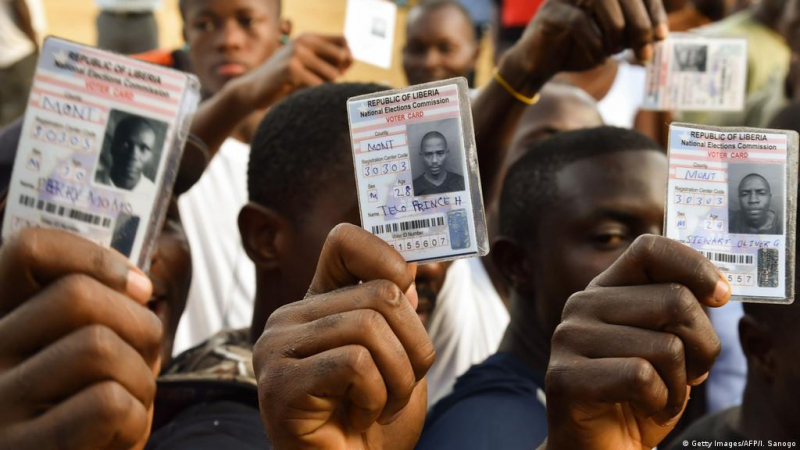
https://www.worldtravelguide.net/ 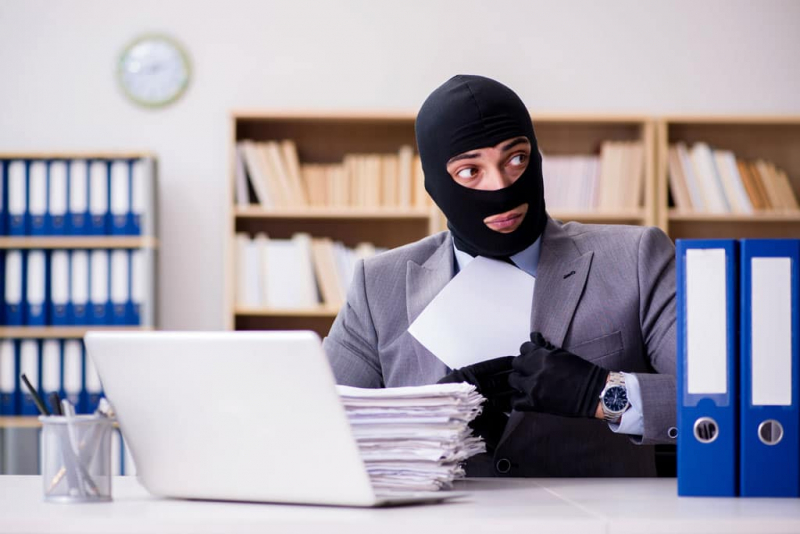
https://www.worldtravelguide.net/ -
While going through customs at airports, certain Liberian officials would ask for money. Bribes may be sought by police officers and other government authorities. If you refuse to pay, you may face complications. If you are dealing with a corrupt official, tell them you will seek guidance from the Canadian Embassy and get a signed official receipt for any funds paid.
This tends to deter them from asking for bribes. Liberia is one of the most politically corrupt countries in the world, with corruption pervasive at all levels of society. As a result, corruption is not particularly a criminal offense under Liberian law, exacerbating the country's corruption problem.
President Sirleaf declared corruption to be "the greatest public adversary" when she assumed office in 2006. Deborah Malac, the US ambassador to Liberia at the time, remarked in 2014 that "In Liberia, corruption is still a major issue. Transparency, accountability, and public trust in government institutions are all harmed." This is absolutely one of the things to know before traveling to Liberia.
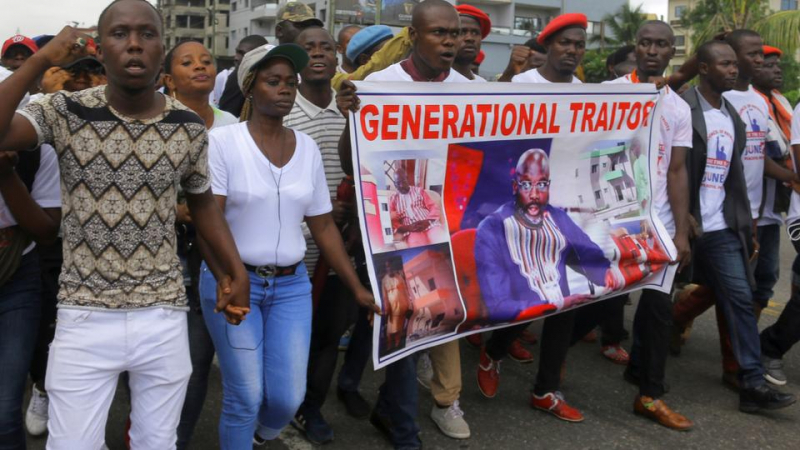
https://travel.gc.ca/ 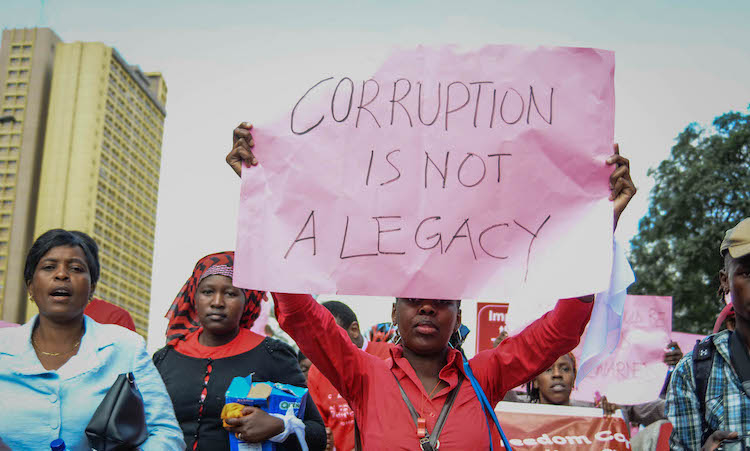
https://travel.gc.ca/ -
Across the country, road conditions and safety are abysmal. Drivers are known to be aggressive and disobey traffic restrictions. Accidents happen all the time so that Road safety is really a serious issue. Outside of Monrovia, most roads are dirt and poorly lighted. During the rainy season, road conditions worsen dramatically.
Even with a four-wheel drive car, many locations become inaccessible. Further dangers are posed by roaming cattle, people, and badly maintained automobiles. To reduce the risk of injury, plan transportation ahead of time and for the duration of your trip; avoid driving unless you are comfortable with local road conditions; if feasible, use a four-wheel-drive vehicle; and avoid traveling after dark.
There are no functioning traffic signals, and the roadways are completely dark. When approaching junctions, be cautious. Exercise extra caution in the case of an accident. Accidents tend to attract crowds, which can quickly turn aggressive. Fuel shortages are a typical occurrence. If you're going to a distant location, keep Road safety in mind.
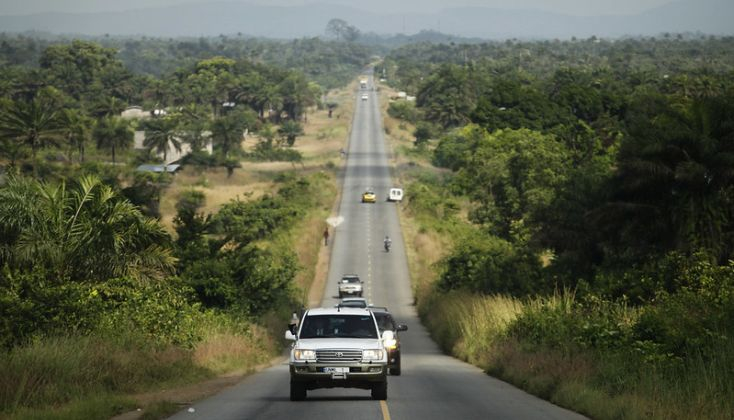
https://www.arrivealive.co.za/ 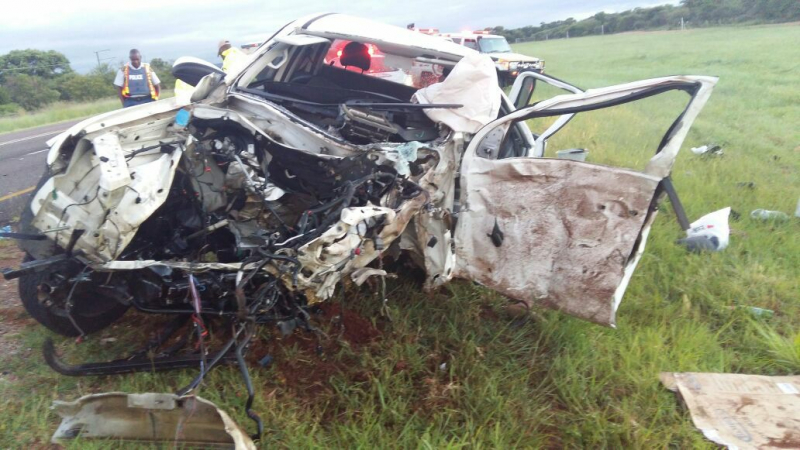
https://www.arrivealive.co.za/ -
Public Transportation is also a notable issue here. Due to inadequate maintenance standards, greater risk of criminality, and risky driving habits, do not utilize commercial taxis, buses, motorbike taxis, informal taxis, or three-wheelers ("kékés"). In remote places, transportation options are very limited or nonexistent.
Liberia's transportation system includes 429 km of railroads, 10,600 km of highways (657 km paved), seaports, 29 airports (2 paved), and a 4 km oil pipeline. The major modes of ground transportation in and around Monrovia are buses and taxis. There are also charter boats available. Three railways were built in Liberia in the past to transport ore from mines, but they were destroyed during the civil war.
Only the Bong mine railway was active in 2010, but Arcelor Mittal reconstructed the Lamco Railway at least partially and reopened it in 2011. There are no rail links with other countries, however a proposal has been made to expand the Bong mine railway to service a mine in Guinea over the border. Therefore, you should research carefully about Public Transportation before coming here. This is absolutely one of the things to know before traveling to Liberia.
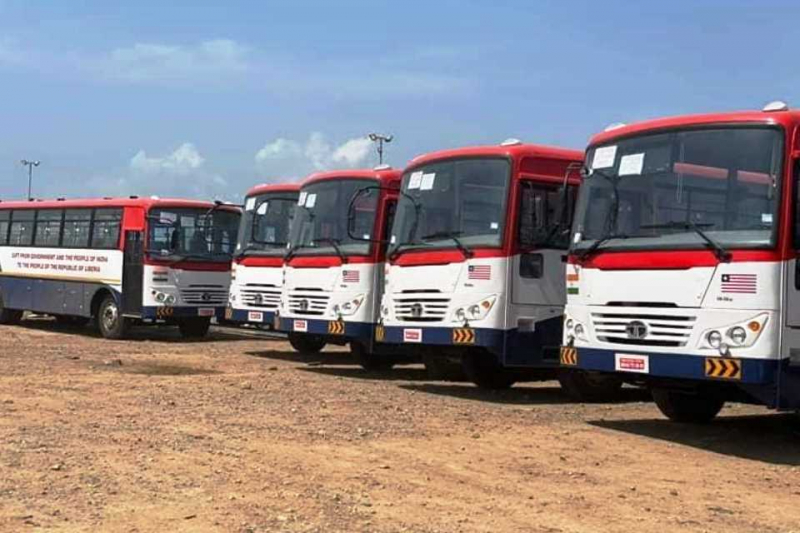
https://www.worldbank.org/ 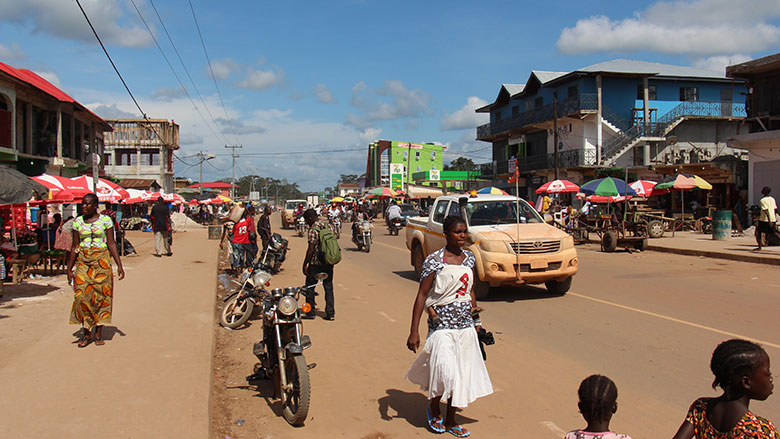
https://www.worldbank.org/ -
It does not analyze whether foreign domestic airlines comply with international safety requirements. Monrovia's Roberts International Airport is 56 kilometers away. Air service during the day is quite restricted. Because public transportation in Monrovia is unreliable, make arrangements to be greeted at the airport and dropped off at the airport by trustworthy connections.
Liberia's transportation infrastructure is, by most measures, inadequate. Similarly, due to violence and a lack of financial investment, air travel and modern infrastructure lag behind. However, numerous major airlines, notably Astraeus, Bellview, and SN Brussels Airlines, as well as Slok Air International and Weasua Air Transport, operate out of Liberia's two international airports. Although Roberts International Airport is located outside of Monrovia's city, it remains the country's busiest aviation facility.
Spriggs Payne Airport lies in the heart of Monrovia, however it is a minor airport with only a few daily arrivals. The country's surviving aviation infrastructure consists of dirt runways in several cities. Some are completed, well-maintained dirt runways, while others are merely grass.
The new breakout of the Ebola virus has complicated the travel scenario even further. Several air travel airlines have halted all flights to the nation, with no word on when or if regular service will return. Many other foreign airlines have started to contemplate canceling flights to and from Liberia.
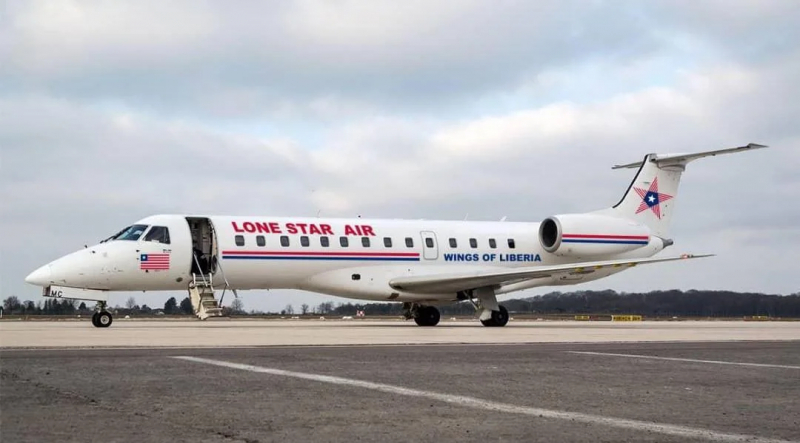
https://www.cbc.ca/ 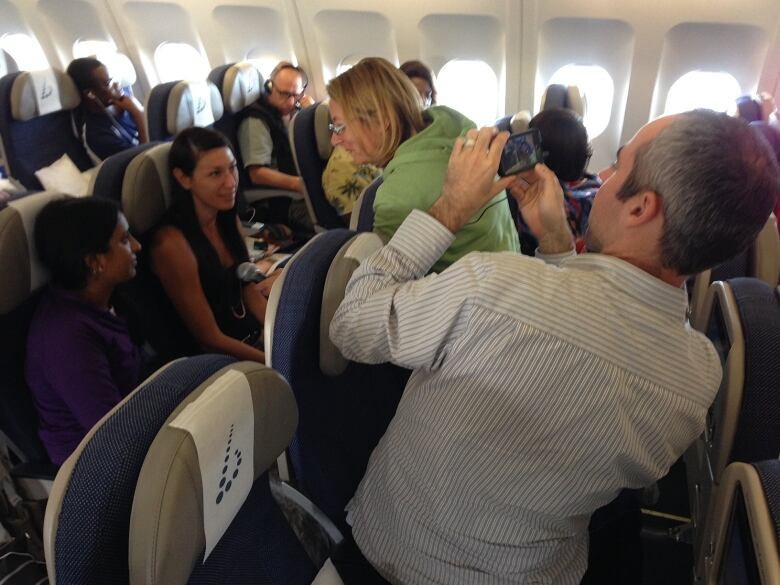
https://www.cbc.ca/ -
The Liberian government has decried the rising problem of piracy and kidnapping in the Gulf of Guinea through the Liberia Maritime Authority (LiMA). Liberia has called for immediate global action to confront the West African threat.
In coastal waterways, pirate assaults and armed robberies against ships are common. Mariners must take the necessary measures. The appeal comes following a cruel and audacious pirate attack on the MOZART, a Liberian-flagged containership, on Saturday, January 23, 2021, roughly 100 nautical miles off the coast of Sao Tome and Principe, which resulted in the murder of one seafarer and the abduction of fifteen others.
The ship was boarded by four armed pirates at sea while sailing from Lagos, Nigeria to Cape Town, South Africa. This is the latest attack in an area that has become into the world's most hazardous river for commerce ships. Liberia's government and registry are working closely with shipowners and other parties to resolve the issue. LiMA will continue to engage closely with all relevant parties on this matter, including Nigeria's, Turkey's, and Azerbaijan's governments, as well as on the greater issue of piracy in the Gulf of Guinea.
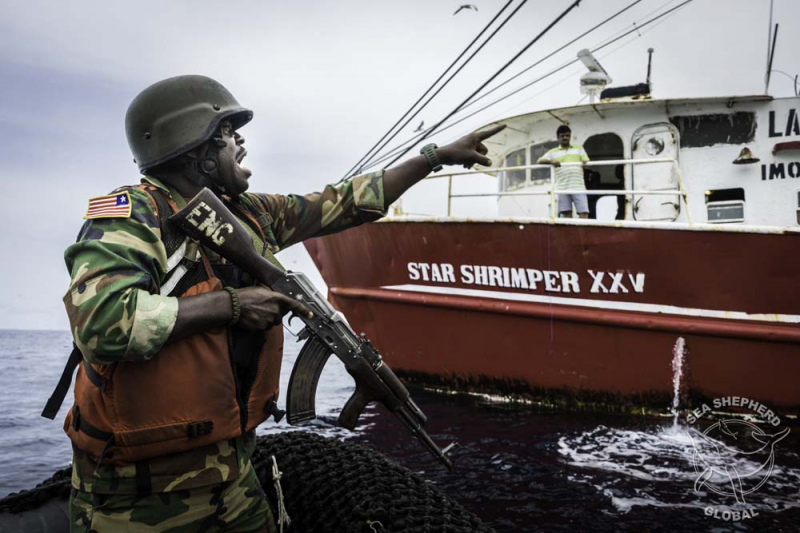
https://www.flickr.com/ 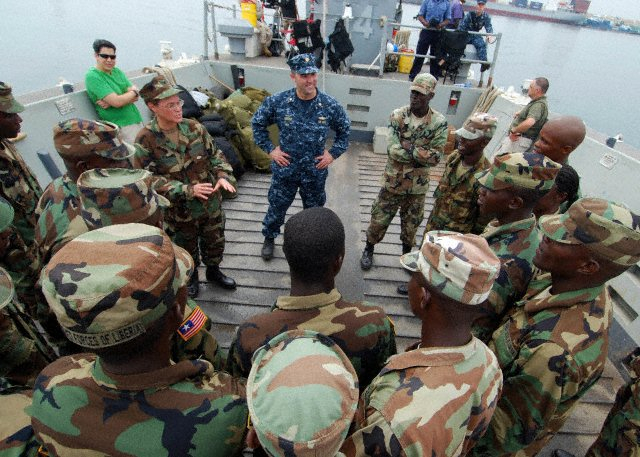
https://www.flickr.com/












